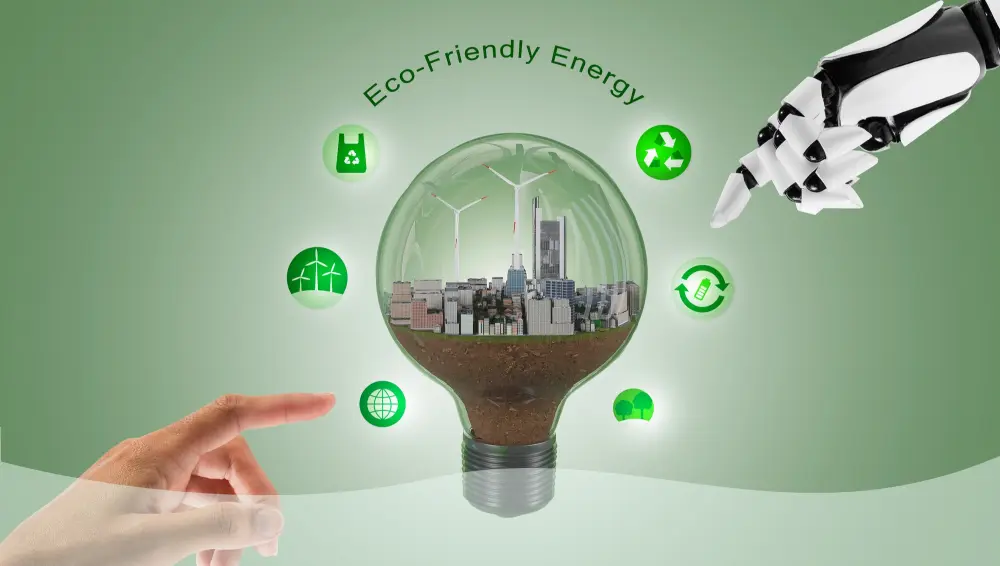A Comprehensive Guide to Greenhouse Gas (GHG) Reporting Services
- Expertise in Carbon Reduction Commitment (CRC) and Emissions Schemes
- Emissions Reporting Audit
- Assessment for Mandatory GHG Reporting
- Simplified Complia

Greenhouse Gas Reporting Services

Data Advisory Service

Emissions Analysis

Custom Emission Factors Inclusion
Our Comprehensive Approach


Source Identification

Data Collection

Emission Factor Application

Calculations

Reporting and Documentation

Mitigation Strategies
Benefits of Greenhouse Gas Reporting

Identifying Carbon Savings Opportunities
Analysis of emissions sources pinpoints areas for potential carbon savings, leading to cost-effective strategies for sustainability.

Insight into Emissions Sources
GHG calculations offer a detailed view of where emissions originate, guiding targeted strategies to reduce environmental impact.

Baseline for Efficiency Targets
Establishing a baseline through GHG calculations allows organizations to set and track targets for continuous energy and carbon efficiency improvement.


Demonstrating Environmental Awareness
GHG reporting signals to investors and stakeholders the organization's commitment to environmental responsibility and sustainability.

Showcasing Reductions in CSR
Reporting emissions reductions as part of CSR initiatives highlights the organization's dedication to mitigating environmental impact.

Boosting Staff Morale
Communicating carbon reduction efforts enhances employee morale and engagement, contributing to a positive workplace culture.
- Operational Risk Advantage
The Greenhouse Gas Protocol (GHG)



- Scope 1: Direct Emissions
- Scope 2: Indirect Emissions from Energy Consumption
- Scope 3: Other Indirect Emissions
- Explore our related services
Sustainability Advisory Services

GHG Reduction Plan



